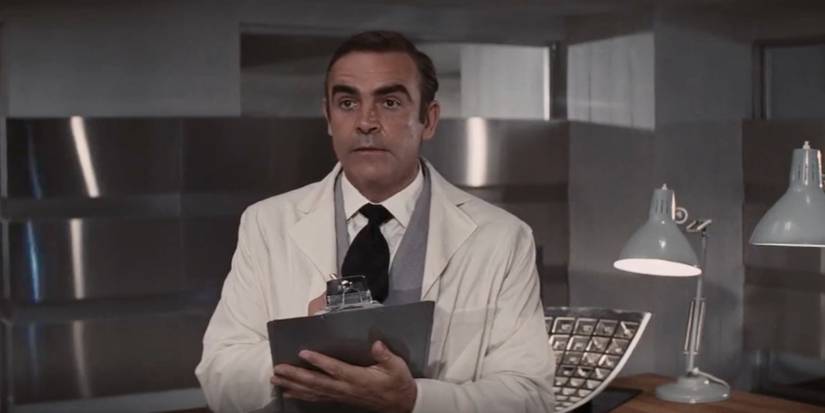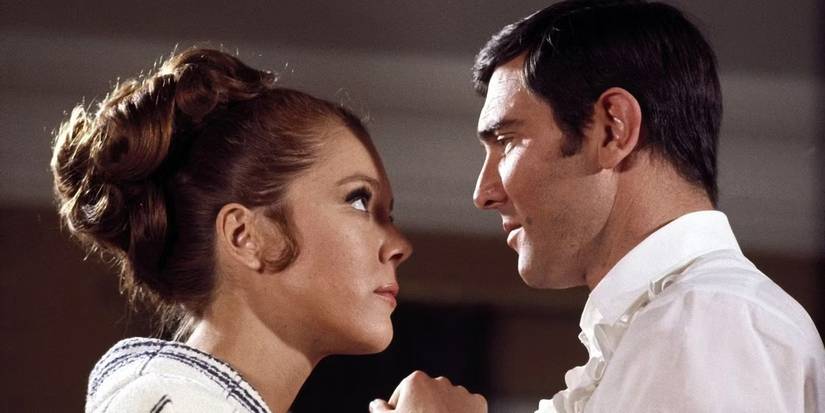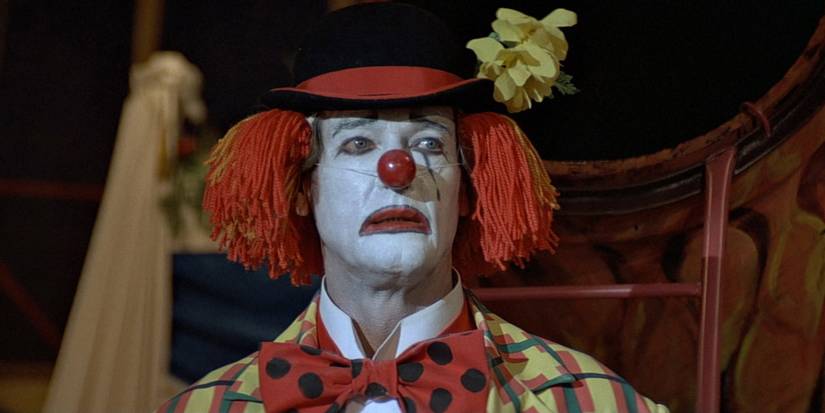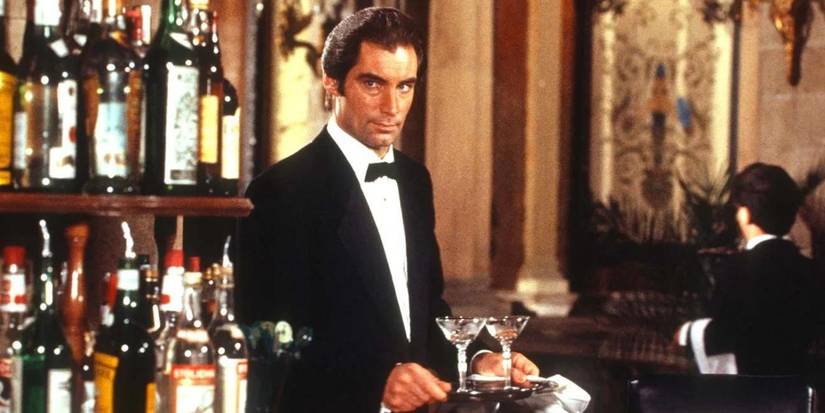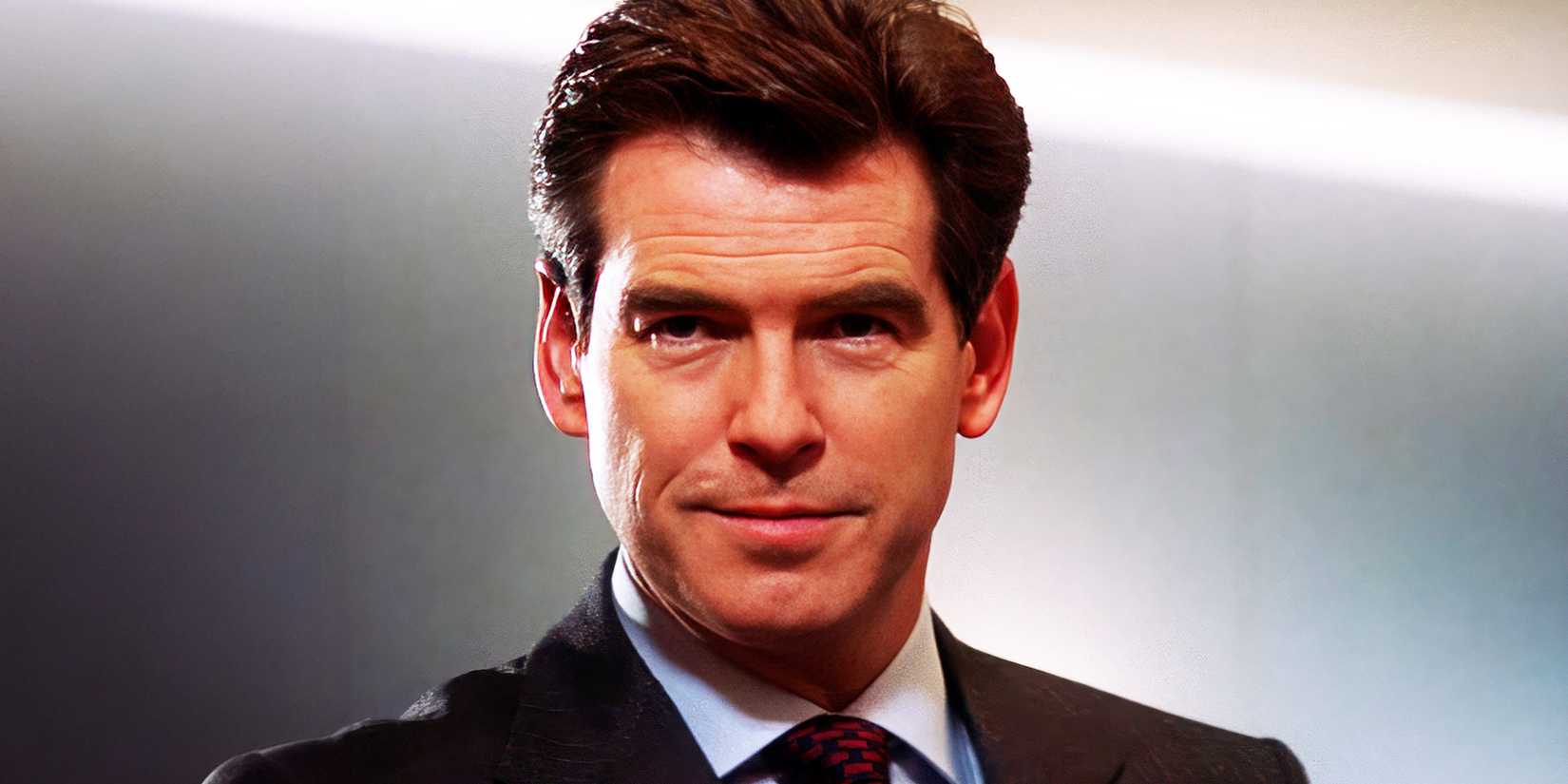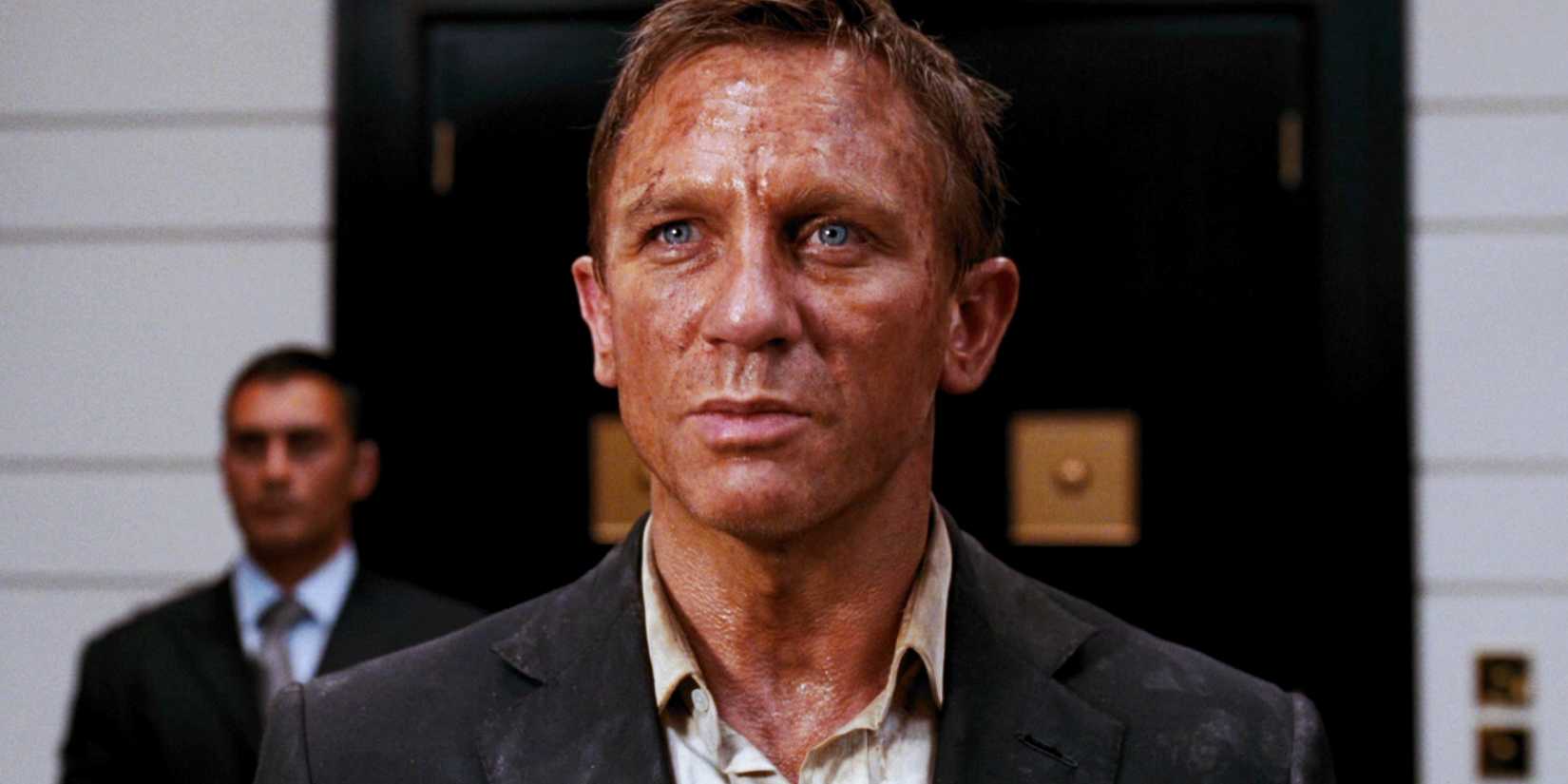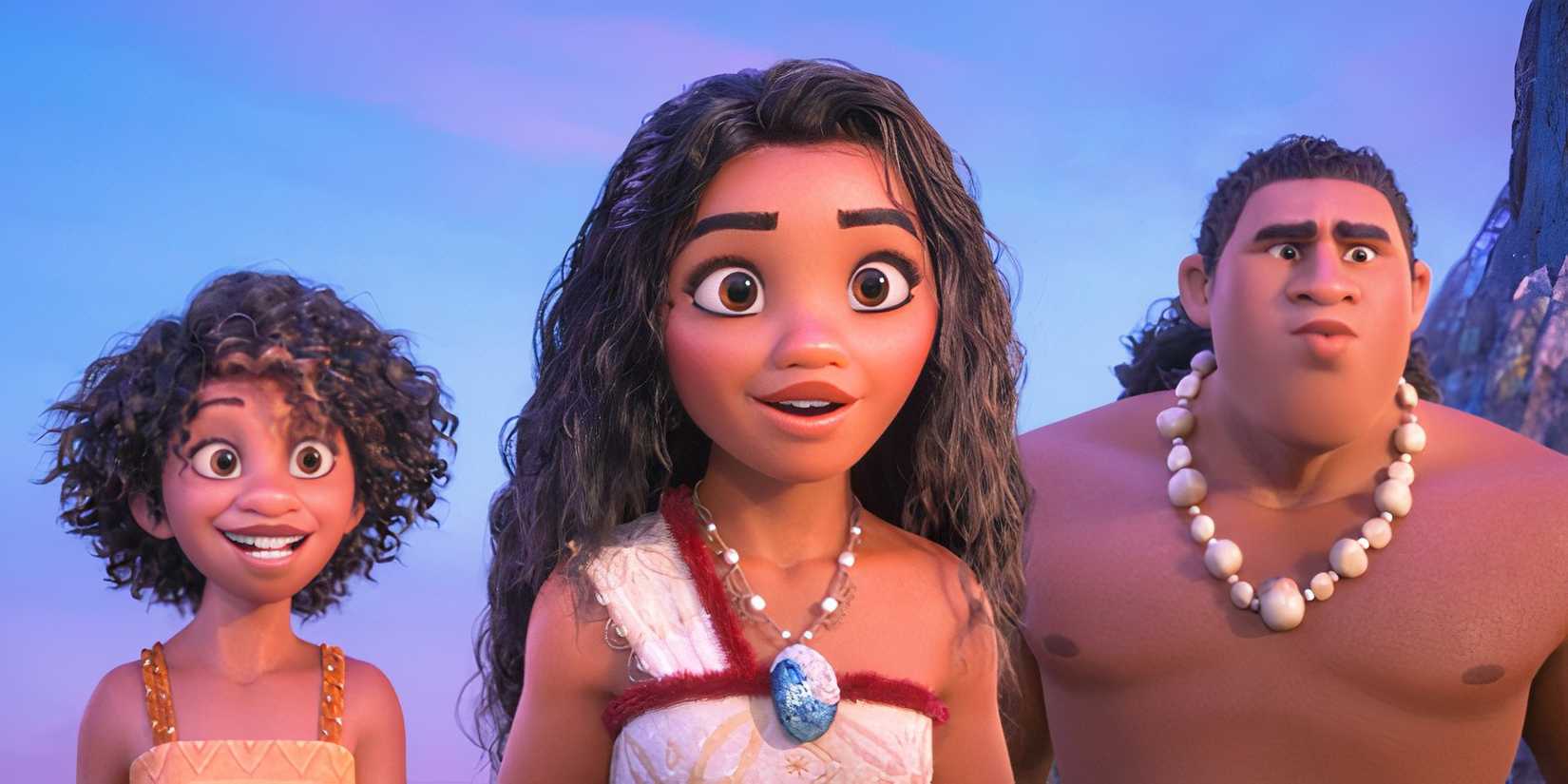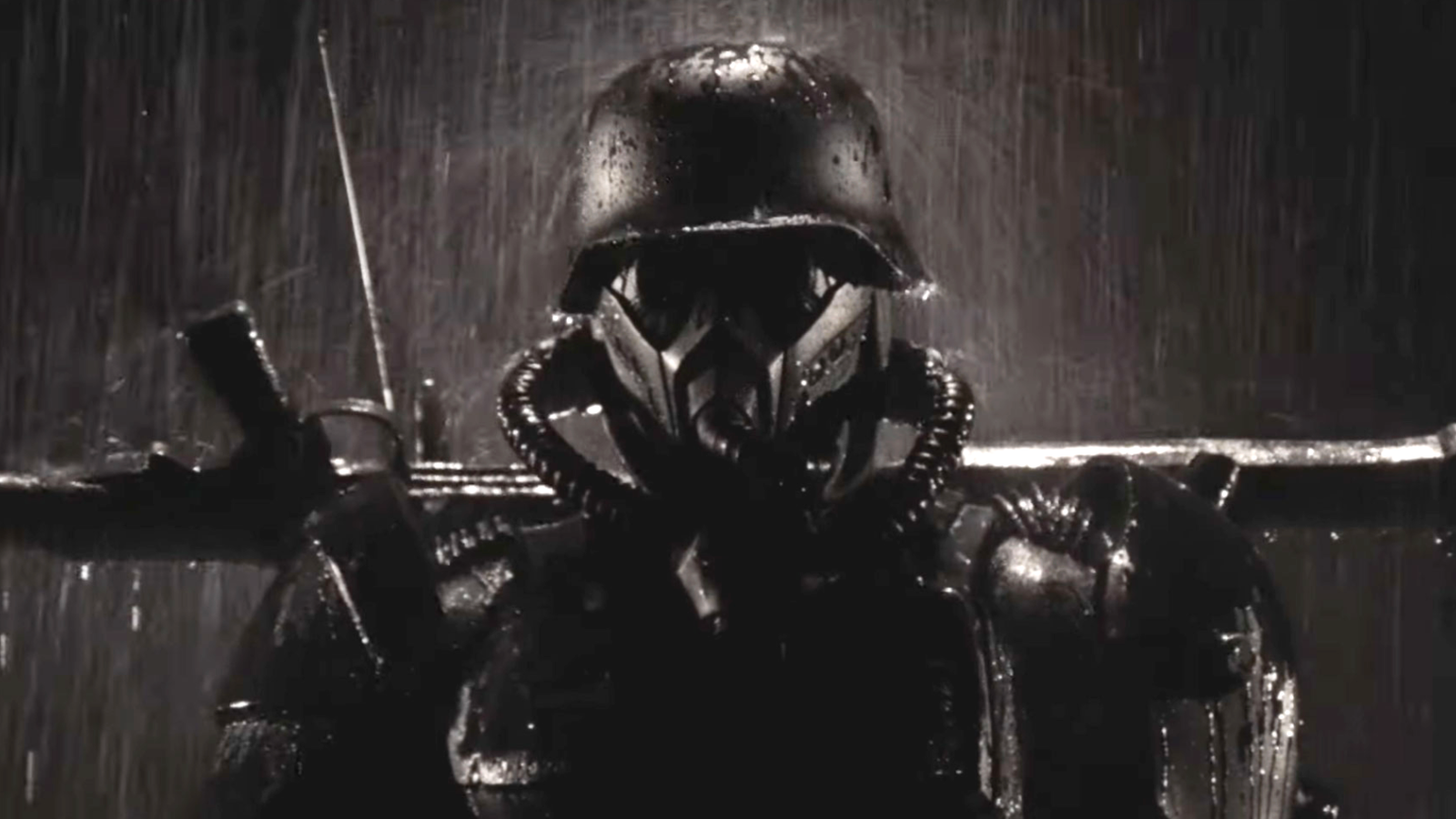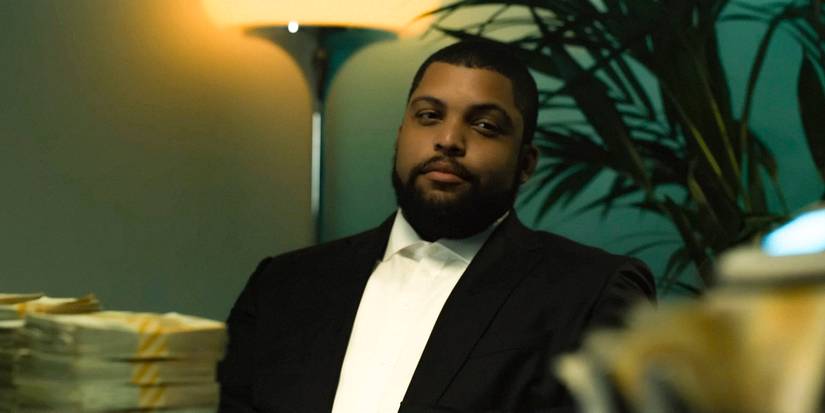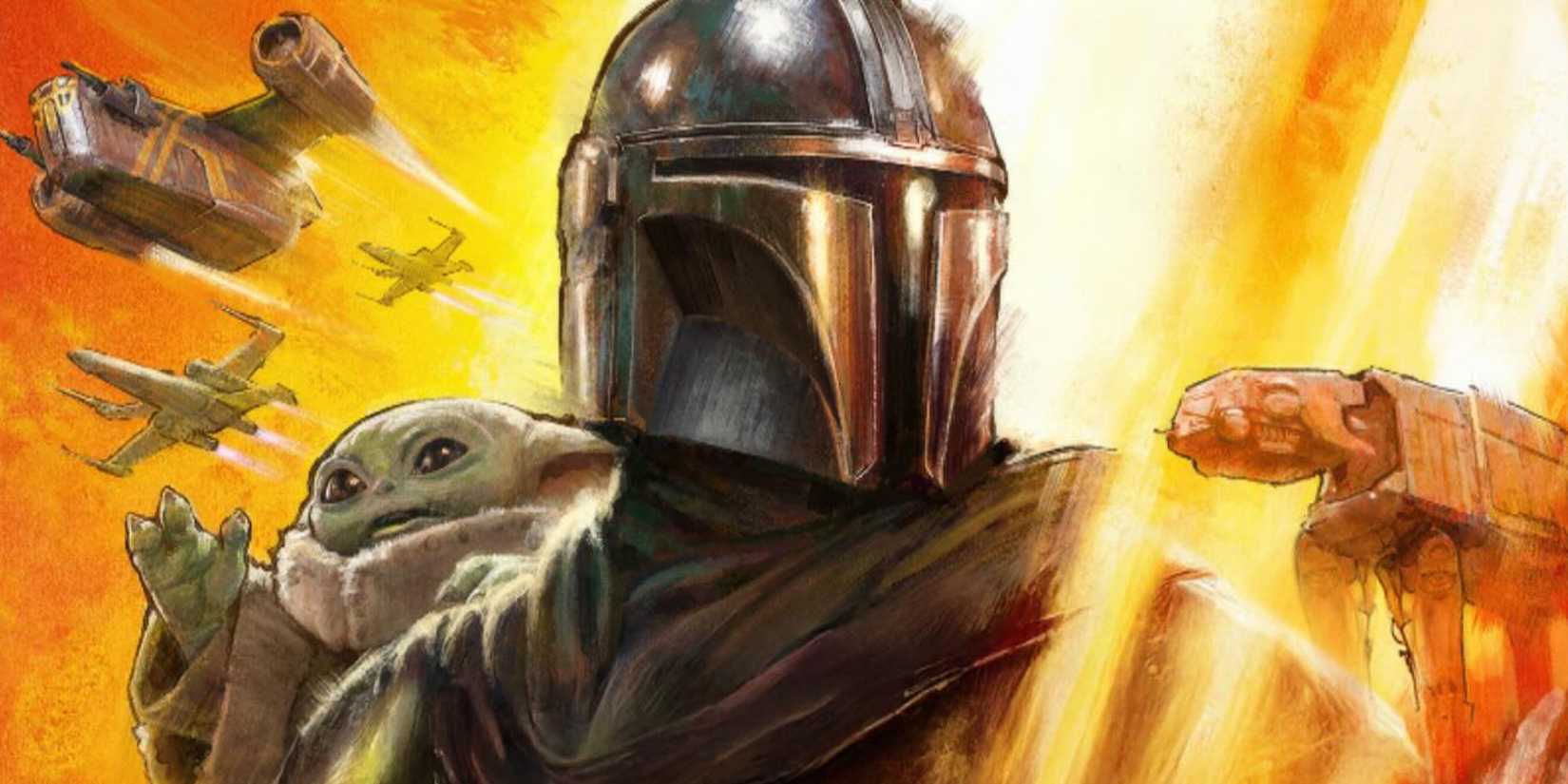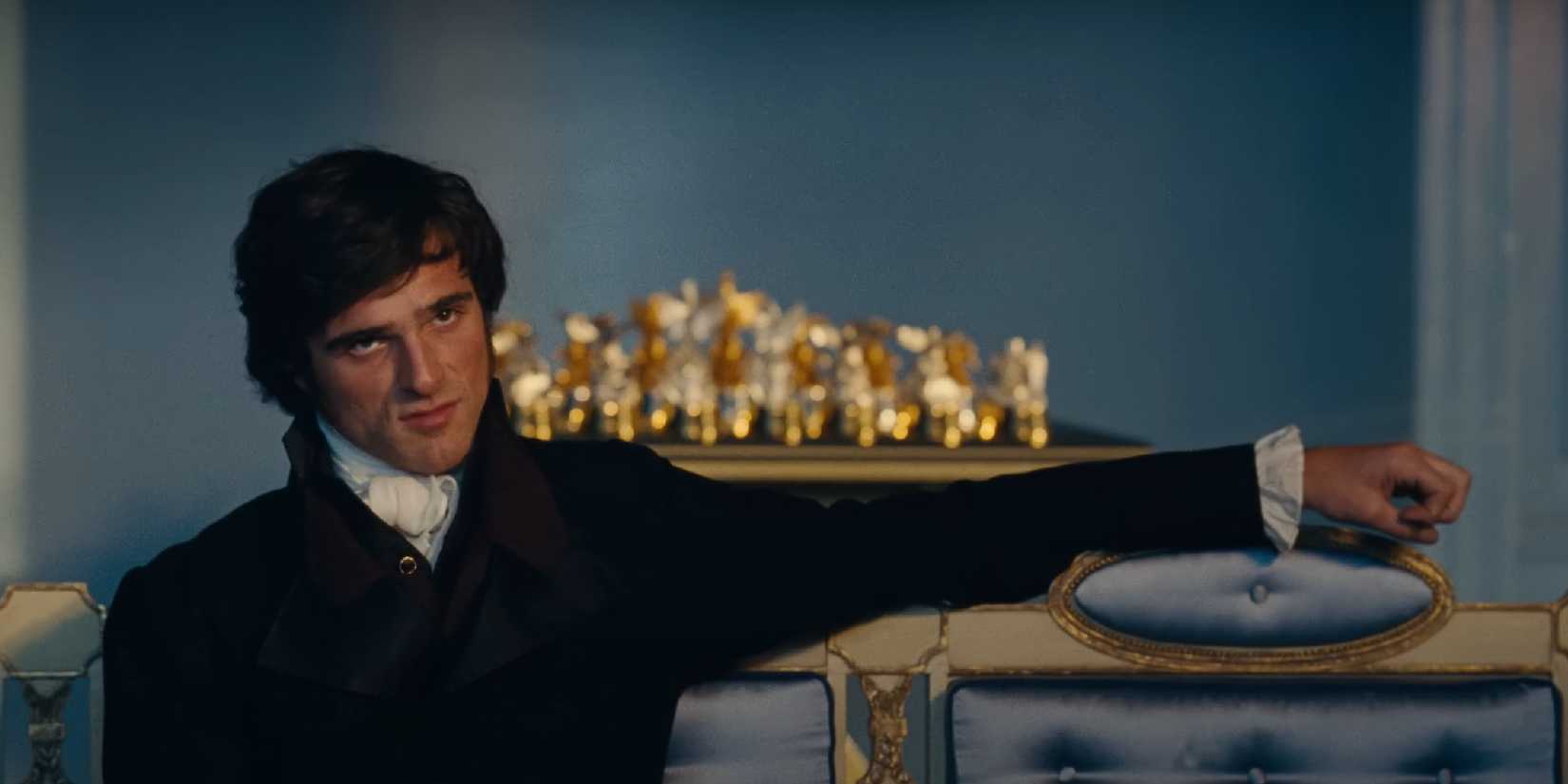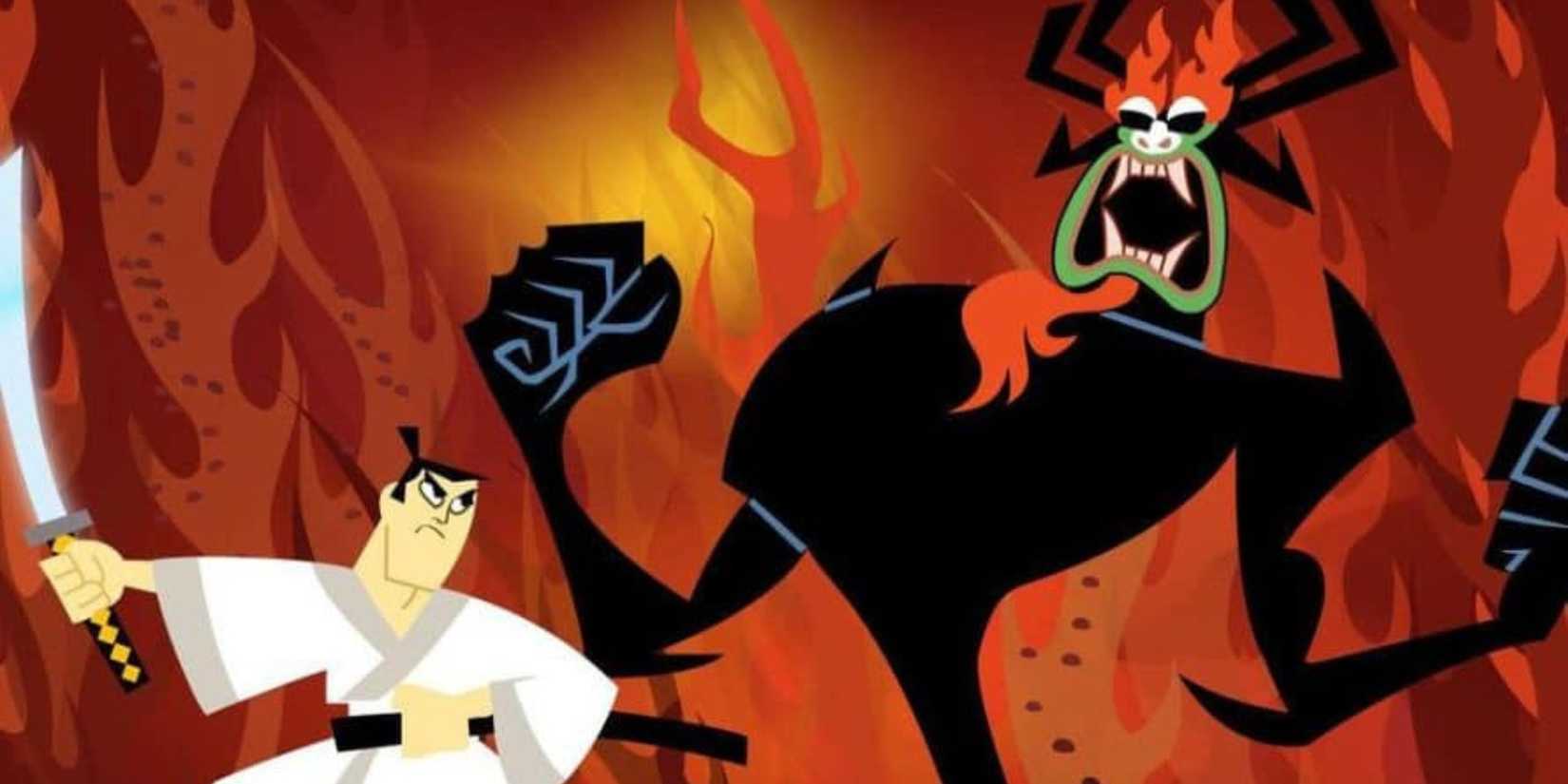The James Bond franchise has reached many all-time highs over the course of its 60-plus years, but it’s also crashed to some less-than-golden lows.Whether a Bond film hits or misses, generally speaking, is mostly down to the action sequences and the villain, and is less about the actor actually playing James Bond.
Since the Bond character is often not a central factor in whether a Bond film succeeds, Bond actors generally don’t get a ton of credit, but are seen as merely holding down the fort, while most of the praise goes to the actor playing the villain, the director, the stunt coordinator, and the singer of the theme song.
It’s also true that bad Bond movies are seldom the Bond actor’s fault. When a 007 film goes wrong, it’s usually blamed on a lame villain, a bad script, and unimpressive action sequences.
In judging each Bond’s worst movie, the 007 actor’s actual performance is usually not at issue, as there’s very little variance in that regard. When a Bond movie fails, it’s indeed seldom useful to point at the star, with a couple of slight exceptions.
Sean Connery – Diamonds Are Forever
The original James Bond had the best overall run as the character, never making a truly awful 007 movie. You Only Live Twice is the most problematic by 2025 standards, thanks to a very unfortunate choice involving one of Bond’s disguises, but remains a solid franchise entry on the whole.
The film with the best case to be Connery’s least-good Bond movie, Diamonds Are Forever marked the star’s return as 007, after he had supposedly handed in his license to kill, and seen his designation taken by George Lazenby, a handover that proved only temporary.
Connery himself is fine in Diamonds Are Forever, and the film’s turn toward humor is not totally unwelcome, but there’s a lack of memorable action this time around, and silliness takes over in the last act, until the movie flirts with self-parody in a way the series would not do again until late Pierce Brosnan.
It might all have still come together around a great villain, but Diamonds Are Forever gives us a boring iteration of Blofeld, taking the punch out of the final showdown between Connery’s Bond and his re-cast arch-nemesis. Connery’s worst Bond movie is not bad, but merely mediocre.
This argument is, of course, complicated by the existence of Never Say Never Again, Connery’s non-Eon Bond return, a divisive movie. Sticking to Eon bonds, Diamonds Are Forever takes the prize.
George Lazenby – On Her Majesty’s Secret Service
Lazenby’s worst 007 movie is also his best 007 movie. Indeed, it’s his only 007 movie. A model by profession, Lazenby was hired for his handsomeness, and because Eon was sick of fighting with Connery, and wanted someone less experienced, and therefore less likely to make trouble.
Lazenby’s lack of acting ability and star charisma might have ruined a lesser film, but On Her Majesty’s Secret Service reaches classic levels by excelling in every other department: it has a great Bond girl in Diana Rigg, a great villain in Telly Savalas’ Blofeld, some fantastic action sequences, and a stunning, tragic final twist.
Roger Moore was offered the role of Bond before On Her Majesty’s Secret Service, but declined, later making his 007 debut in Live and Let Die.
On Her Majesty’s Secret Service proves that it almost doesn’t matter who plays James Bond. Lazenby seems to have been cast because he’d look good on the posters, but his one Bond movie is still great, and is also still his worst Bond movie, by default.
Roger Moore – Octopussy
The one 007 movie with a тιтle guaranteed to elicit snickers also happens to be the nadir of Moore’s time as Bond. Connery had the most consistently good tenure as 007, and Brosnan the most consistently bad after starting strong with GoldenEye, while Moore’s was the most all over the place.
Moore’s best Bond is up for debate, with Live and Let Die and The Spy Who Loved Me the two strongest candidates. His worst Bond movie can be debated too, with The Man With the Golden Gun and Octopussy leading the way, ahead of the merely mediocre A View to a Kill.
Octopussy takes the prize for badness, and for one of the rare times, the actor’s performance is a significant part of the problem. Moore seems tired and too old in his sixth go-around. Producers seemed sensitive to the issue of Moore’s age, casting 37-year-old Maud Adams as the Bond girl when they typically steered toward very young Bond girls.
With Moore beginning to wind down as Bond, Octopussy really needed a great villain, but instead offered up Louis Jourdan’s Kamal Khan, a character who is both boring and racially offensive, a bad daily-double to hit.
Not only is Octopussy the worst Bond movie of Moore’s tenure, it’s one of the franchise’s most listless, undistinguished entries overall. When the most memorable thing about a movie is its cringey тιтle, it’s a sure sign the film is not up to snuff.
Timothy Dalton – License To Kill
Dalton’s two-movie Bond tenure was characterized by a greater grittiness than the Moore films, and with License to Kill, a genuine darkness. The film may indeed have been too dark for some Bond fans, as it saw a drop-off at the box office compared to Dalton’s first go-around in The Living Daylights, though it still performed reasonably well.
There is indeed very little to choose from between Dalton’s two Bond films. Both are effective action movies, in part because they are willing to embrace 1980s-style violence, dispelling the sense of stodginess that crept in at the end of Moore’s run.
Production delays caused by legal issues led to Dalton’s contract expiring before he could make a third Bond movie.
Dalton is a good Bond because he doesn’t wink at the audience or do the outdated lovable rogue thing like Moore, but simply plays the character to the best of his ability. License to Kill is his “worst” Bond movie, only if one forces oneself to pick a single “worst.”
Pierce Brosnan – Die Another Day
Something happened to the Bond franchise between the 1960s and the 1990s. In the ‘60s, Bond films were state-of-the-art, setting the template for all other similar movies, until the entire landscape of action cinema was populated with Bond imitators, and little else.
The franchise vastly outlived its relevance as a trend-setter, however, and soon enough, the Bond movies were the imitators. In the 1980s, when action movies got more violent and gritty, Bond got more violent and gritty. In the 1990s, when action cinema took a turn into the over-the-top and absurd, Bond followed suit.
Pierce Brosnan had the misfortune of being Bond at a time when the franchise took on all the worst traits of its era’s biggest action films, but few of the virtues, and the absolute bottom was hit with Die Another Day, which came out in 2002, making it not technically a ‘90s action film, but only technically.
Some of the movie’s failure can be put at Brosnan’s feet, as the star’s winking approach to Bond becomes off-putting. But the real problem with Die Another Day is that it’s trying to match the films of Michael Bay and Wolfgang Petersen, and though it’s as over-the-top as those movies, it’s nowhere near as fun.
The Brosnan era would also be characterized by efforts to deal with all those tired and somewhat problematic Bond tropes through distancing via humor. That was fine in GoldenEye, where the self-mockery was still relatively novel, but by Die Another Day, the whole thing had become obnoxious.
It would have been truly amazing to get a Bond film that went toe-to-toe with the likes of Con Air and Face/Off as a gloriously silly action classic, but Die Another Day is just embarrᴀssing, a descent into full-on self-parody, with bad CGI besides.
Daniel Craig – Quantum Of Solace
Almost everything went right with Craig’s 007 debut, Casino Royale, and almost everything went wrong with its follow-up, Quantum of Solace. Indeed, the argument for Craig’s second Bond entry as his worst is about as clear-cut as it gets.
The well-documented issues with Quantum of Solace begin with its conception as a direct follow-up to Casino Royale, and continue into its script, which was never properly finished thanks to a writers’ strike and a rushed production schedule.
Craig says he and director Marc Forster ended up writing most of the movie’s script themselves.
Then there was the decision to cut the movie like a Bourne film, an approach that only succeeded in making it feel like a bad Bourne film. Making Craig’s Bond more violent and single-minded after the events of Casino Royale may have seemed logical, but in practice, made the character a very tough hang.
The Bond franchise always did perfectly well with stand-alone movies that lacked ongoing narrative arcs. The decision to trash this tried-and-true approach looks questionable in retrospect, even if Craig’s later movies managed to somewhat redeem it.
Had Barbara Broccoli and company set out to make a movie to deliberately tick off Bond purists, they couldn’t have done better than Quantum of Solace, which not only fails as a Bond movie, but just fails period. None of which is Craig’s fault.
